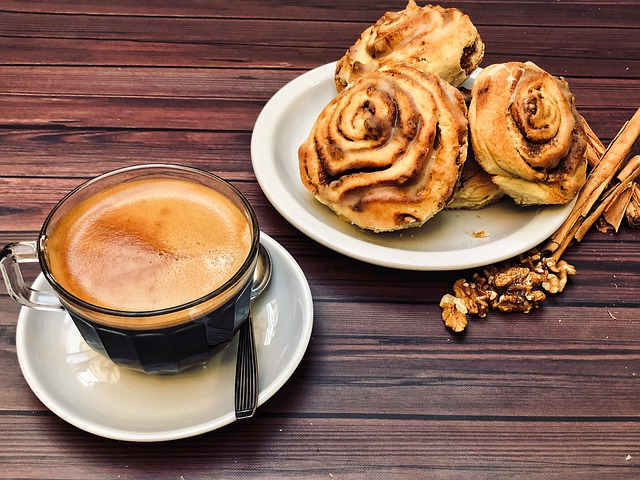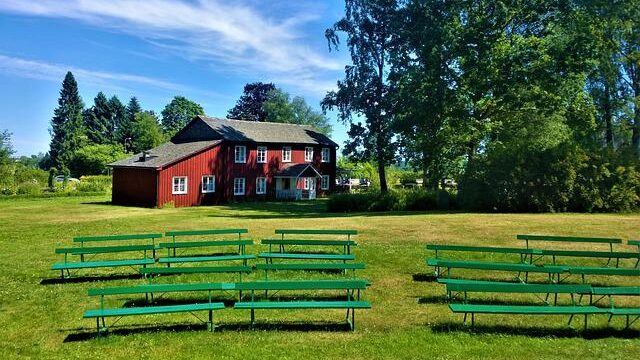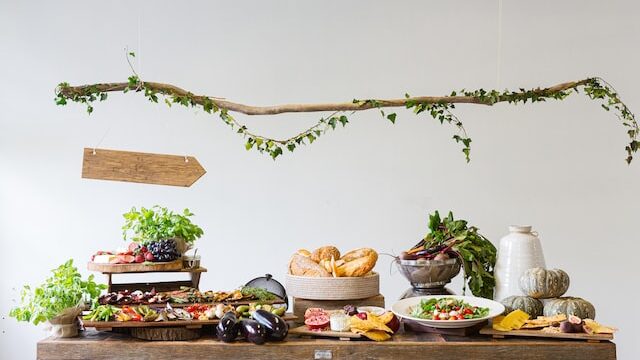Sweden has a culture of coffee breaks called “Fika.”
When it is time for Fika, Swedes stop working and refresh themselves with a cup of coffee and a pastry with their colleagues or family members.
In this article, I would like to introduce Fika, an indispensable lifestyle custom for Swedes.
Break time Fika essential for Swedes
In Sweden, there is a custom called Fika, which is a short break of 15 to 30 minutes twice a day, at 10:00 and 15:00.
Fika” is a Swedish word meaning “to take a coffee break.”
At Fika, people enjoy coffee and sweet snacks, light meals, and conversation with coworkers, family, and friends.
The location can vary from work to home, to a café in town.
Coffee is the most common beverage.
Of course, those who do not like coffee can have tea or lemonade.
An essential part of Fika is sweet snacks, also known as Fika bread.
Pastries such as cinnamon rolls, cookies, and cakes are served with coffee.

For Swedes, Fika is a traditional custom as important as eating and sleeping.
Every day at Fika time, people stop working and start preparing for Fika with coffee and sweet snacks.
The call to action is “Ska vi Fika?”
This means “Would you like to do a Fika?”
t has become an everyday word in Sweden, like a greeting.
World’s Leading Coffee Consumption
The reason why the coffee break culture has taken root so far is probably that Sweden is one of the top coffee-consuming countries in the world.
The International Coffee Organization (ICO) has published a statistic called “World Per Capita Coffee Consumption.”
According to the survey, Sweden consumed 7.33 kg of coffee per capita per year in 2013.
In Japan, the figure is 3.48 kg. Sweden’s consumption is more than twice that of Japan’s.
And Norway consumes about 9 kg of coffee per person per year, and Finland, the country with the highest coffee consumption in the Nordic countries, consumes about 12 kg of coffee per person.
For Swedes, the habit of drinking coffee has always been a part of their daily lives.
That is why the custom of Fika has developed to this extent.
Benefits of Fika
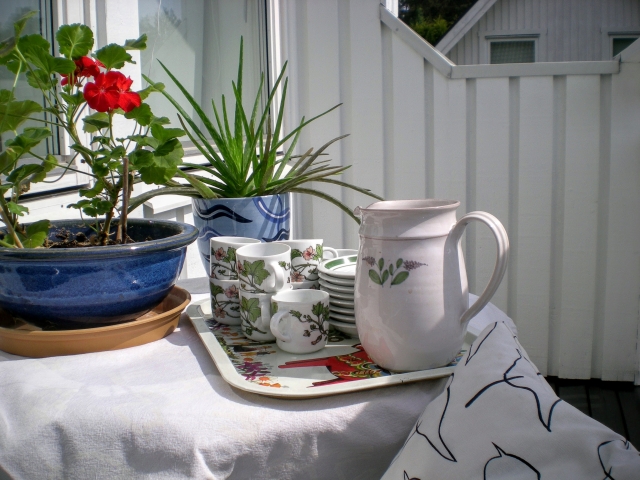
The custom of coffee breaks is common in all countries.
However, what makes Fika different from coffee breaks in other countries is that it has several advantages, such as improving work efficiency and stimulating communication.
During Fika, everyone in Sweden stops working, even during working hours, to have a cup of coffee and a sweet pastry.
This conscious incorporation of breaks into the workday helps to restore focus and energy.
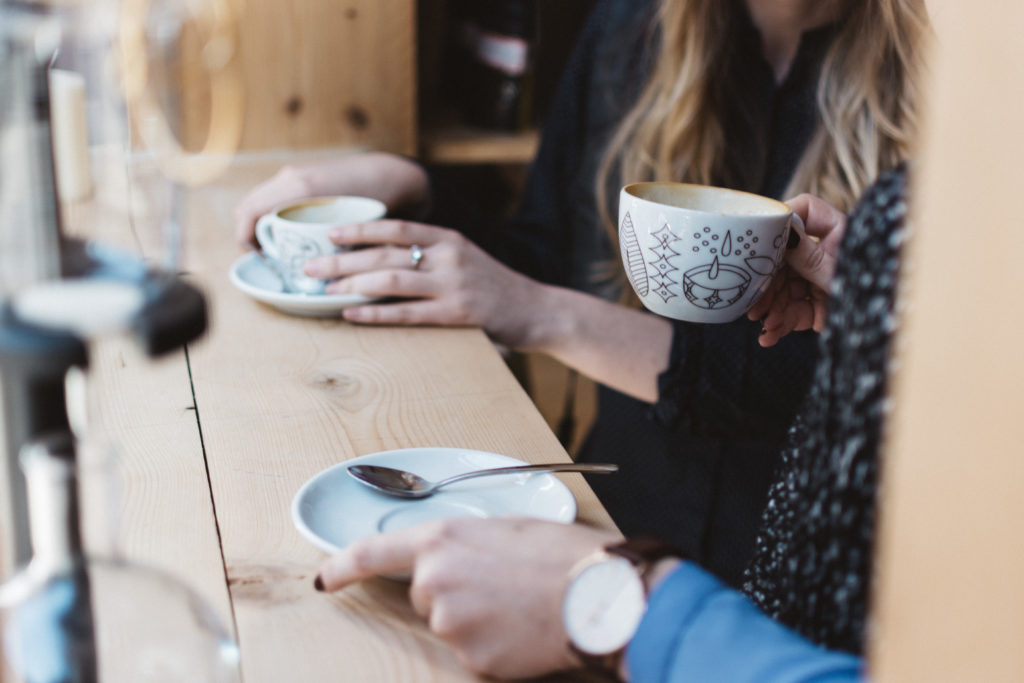
Small talk with coworkers and supervisors during Fika also allows for relaxed communication.
Chatting and laughing over snacks create a congenial atmosphere.
And it is possible to exchange information and deepen friendships while relaxing.
In other words, consciously incorporating Fika into the Swedish work environment can lead to a refreshed and energized mind and better communication with coworkers.
As a result, it enables higher-quality work and increases labor productivity.
In recent years, the relationship between slow life and high productivity in Nordic countries has been attracting attention.
This coffee break custom called Fika may be a major factor in this.
Conclusion
Fika is a traditional Swedish custom of taking a break with colleagues and friends to enjoy coffee and sweets.
Fika is more than just a coffee break; it is an important custom that brings refreshment and a sense of well-being.
